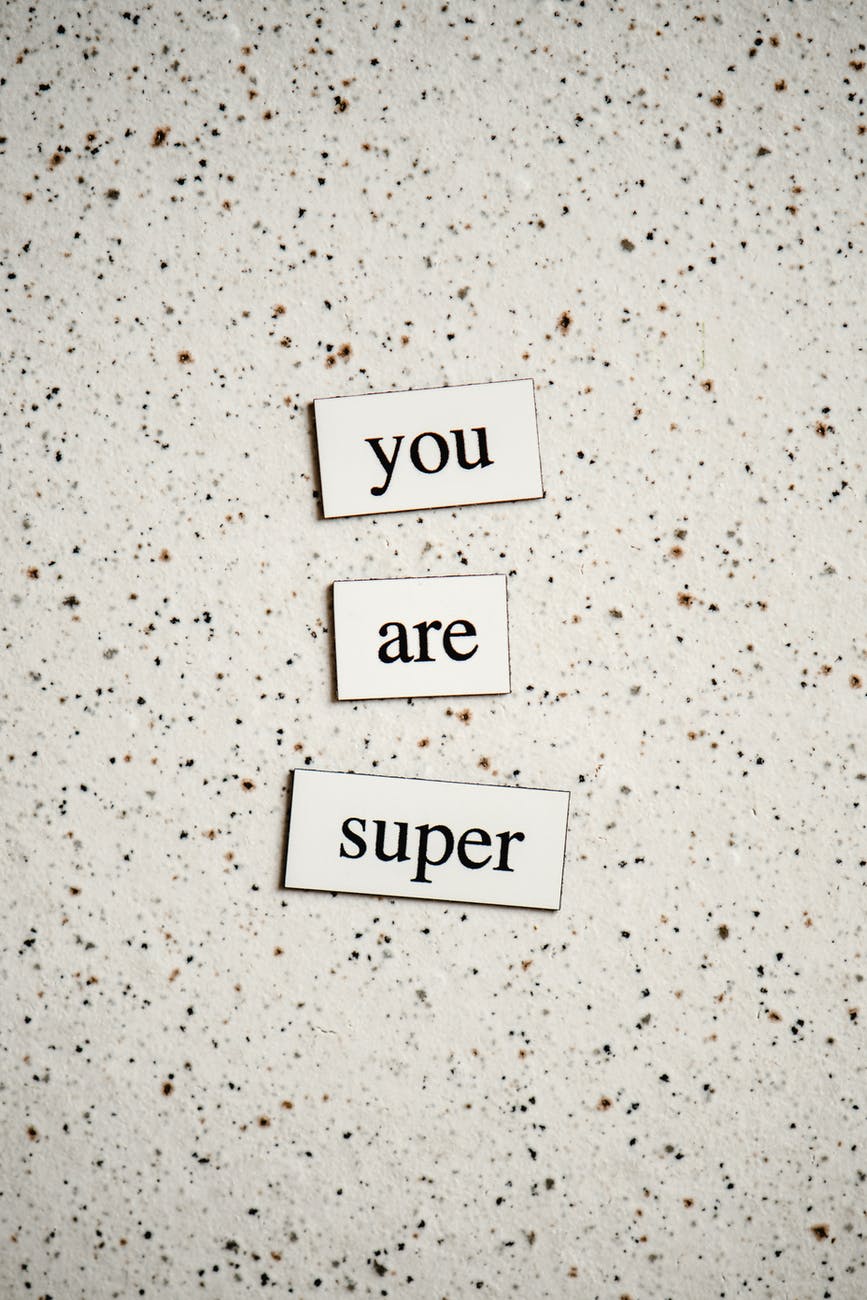I had the honor of taking part in Jordan’s first-ever Eating Disorder Support Group a few weeks ago. It 100% solidified my view that everyone fighting to recover from an eating disorder in a world obsessed with weight loss is a frickin’ superhero.
At the end of our session, my therapist asked us to reflect on the ways we each try to practice resilience in our day-to-day lives.
This has been on my mind a lot, and I’m hoping it can start an important conversation.
What is resiliency?
Being resilient is “withstanding or recovering quickly” from difficulties. It doesn’t mean you’re bulletproof or that nothing bothers you. It means that when triggers or traumas happen, you’re able to quickly bounce back.
But building resiliency is a marathon, not a sprint. It’s not a destination that you arrive at one day and check off your list.
“Be resilient – check.”
It’s something you have to practice every day.
My resiliency journey
For me, building resilience started with getting to the root of my struggle. Beginning therapy and getting an ADHD diagnosis last summer were my first steps in getting the tools I needed.
Being more open about my eating disorder has been another gamechanger. Eating disorders thrive on secrecy and shame, and I chip that away each time I share. Still, it’s one of the hardest things I’ve ever done.
Weightlifting has also helped rebuild my mental strength in the face of how powerless bulimia made me feel.
Journaling has been instrumental to helping me process a lot of pain and emotions associated with my eating disorder. That processing has really helped me keep moving forward, even when things feel impossible.
Resiliency and diet culture
So why does personal resiliency matter so much for eating disorder recovery?
Two words: diet culture.
Diet culture isn’t some giant, lumbering monster that you can see coming a mile away and say “Yikes, I think I’ll avoid that today.” It’s a $72 billion industry that has infiltrated everything. Diet culture means I’ll never fully escape talk of calories, diets, or weight as I recover from my eating disorder.
Frankly, that is exhausting.
And when I say it’s infiltrated everything, I do mean everything. This includes guidelines that shape our views of what it means to be healthy in the first place.
Here’s an example of what I mean.
The Academy of Nutrition and Dietetics
At the end of February, the Academy of Nutrition and Dietetics (AND) released 13 new draft recommendations for Registered Dietitian Nutritionists for public comment (a regular step in their guideline development process). One of these draft recommendations states that low calorie diets and “behavioral strategies, including self-monitoring (diet, physical activity, weight)” are key components to interventions for clients “with overweight or obesity.”
We know restrictive, self-monitoring weight and diet behaviors are gateways to eating disorders. We also know that eating disorders don’t have a “look”, and that body size tells you nothing about whether someone is struggling.
Another draft recommendation suggests three “caloric reduction strategies”, one of which is “1,200-1,500 kcal per day for women and 1,500-1,800 kcal per day for men.”
It’s true that numerous factors influence the number of calories (aka energy) an individual person needs. But eating disorders have one of the highest mortality rates of any mental illness. Yet, we’re still recommending people eat the average recommended daily caloric intake of a toddler in order to lose weight.
Ironically, the only reason these recommendations made my radar at all was because AND released them on the first day of National Eating Disorder Awareness Week (held annually during the last week of February).
So what?
So, why should we all care about these draft recommendations aimed at professionals that we may never personally see? And what does this have to do with resiliency in eating disorder recovery?
Firstly, the recommendations guiding the professionals that shape our food choices and perceptions of health really matter for the rest of us. The AND has 100,000 credentialed practitioners in the US and overseas. Plus, a majority of US adults have positive views of dietitians, and over half of US adults trust dietitians to provide accurate nutrition information.
This AND example speaks to the larger issue of various, well-respected medical institutions/professionals promoting “the end justifies the means” when it comes to weight loss. When backed by a medical professional (which carry a lot of legitimacy for most people), this problematic view of health can put people on the road to eating disorders. Or, at the very least, result in disordered eating (which is often a gateway to eating disorders).
Next, we need to remember that just like other mental illnesses, there is no “cure” for eating disorders. In a previous therapy session, I actually said out loud, “I will be dealing with this the rest of my life, won’t I?” And my therapist and I were silent for a moment, because we both knew the answer was yes.
That is why resiliency matters so much.

Photo by Eva Elijas on Pexels.com
Advocacy as a resilience tool
The more I’ve learned about the connection between diet culture and eating disorders, the angrier I’ve become.
However, it’s been surprisingly empowering to learn more about eating disorders as mental illnesses. I’ve discovered incredible advocacy groups and communities full of people on the same journey as me. It’s inspired me to expand my own advocacy and awareness as a way to channel my anger and keep bouncing back.
Calling us superheroes doesn’t take away the daily grind of figuring out how to be healthy in a world that tells you your value is equal to the number on the scale. But I see you and I’m proud of you.
I hope that sharing my experiences and thoughts can help you feel less alone. That was my number one takeaway from that group therapy session – and it meant the world to me.



